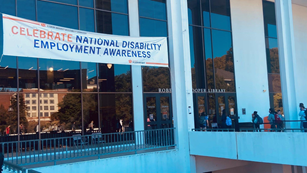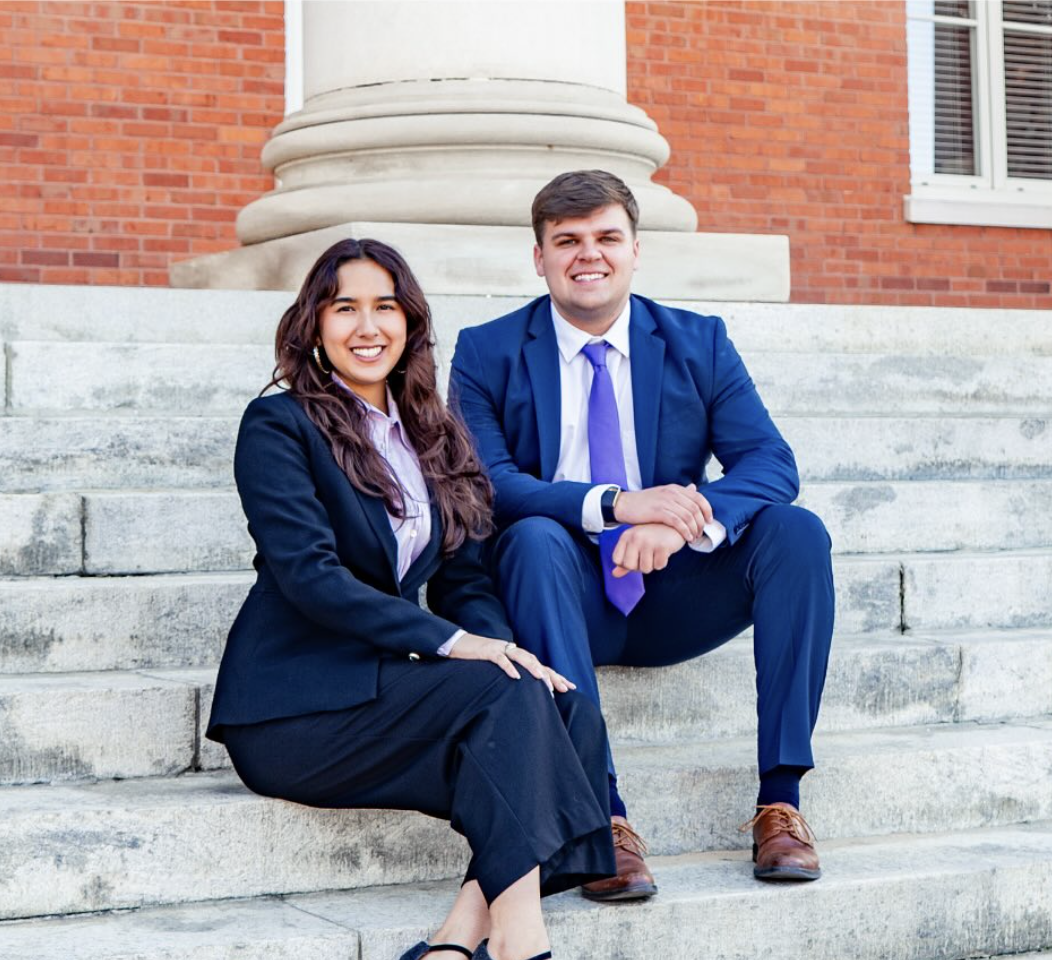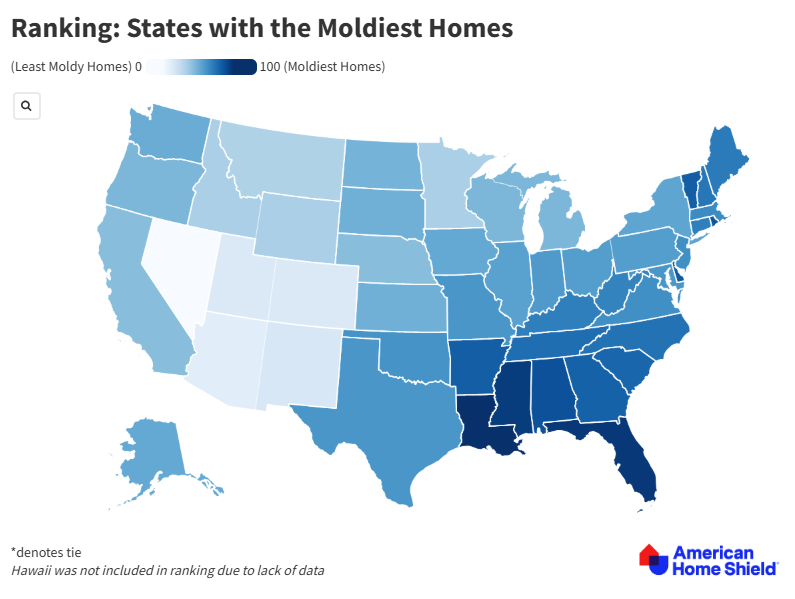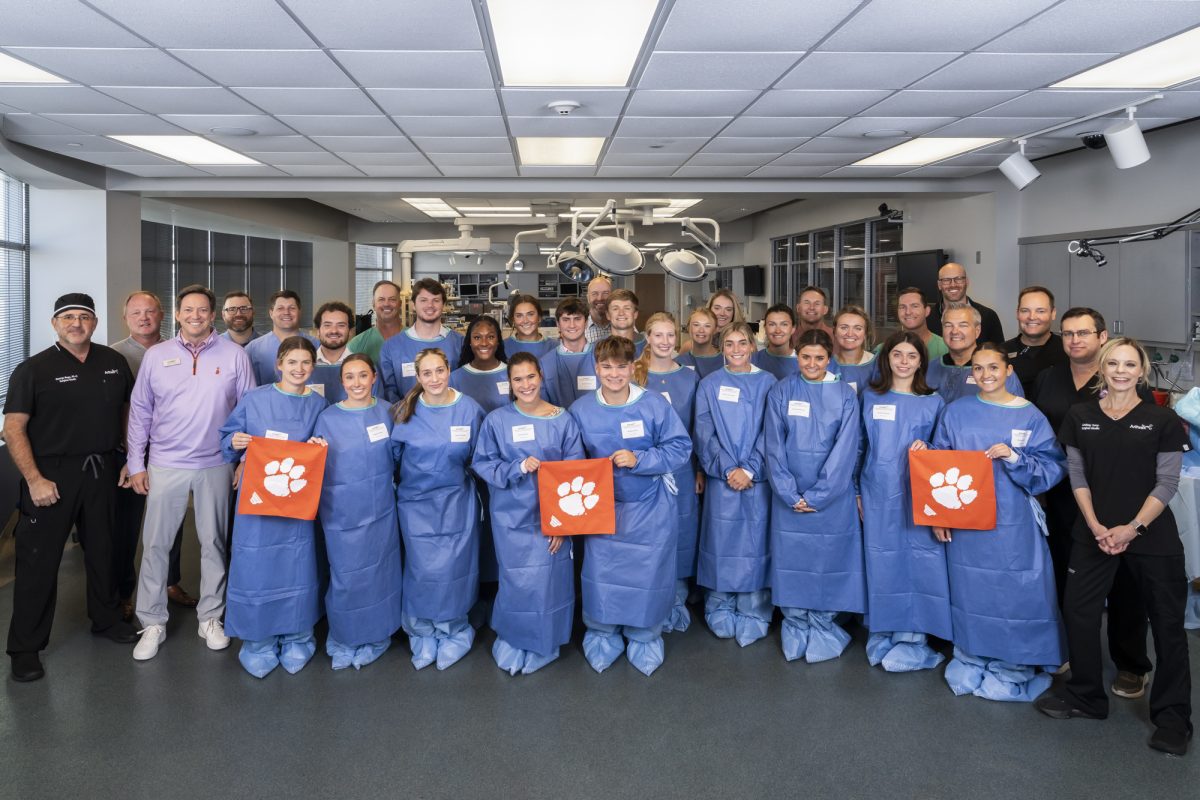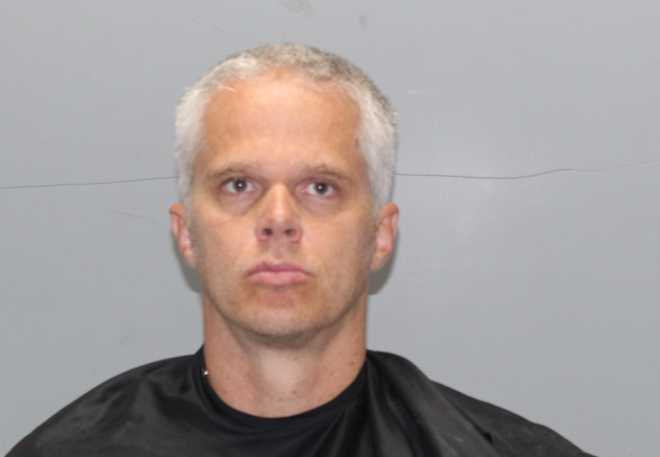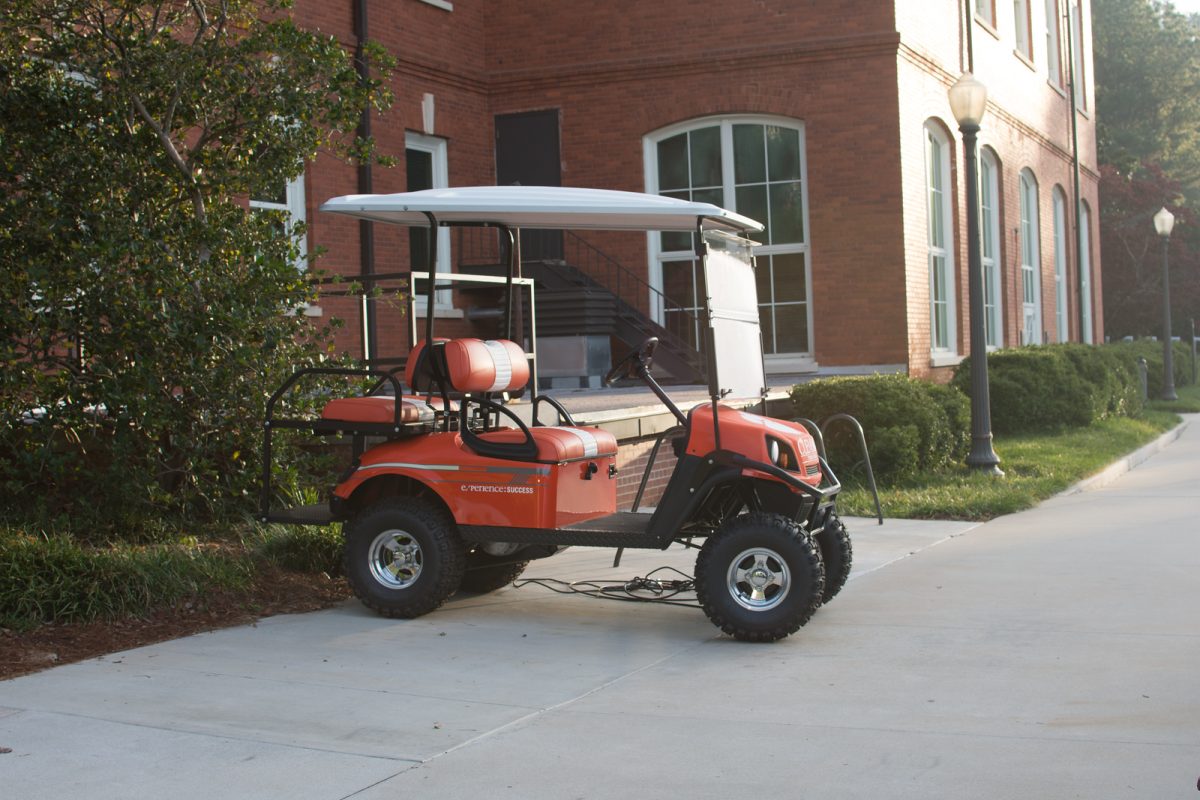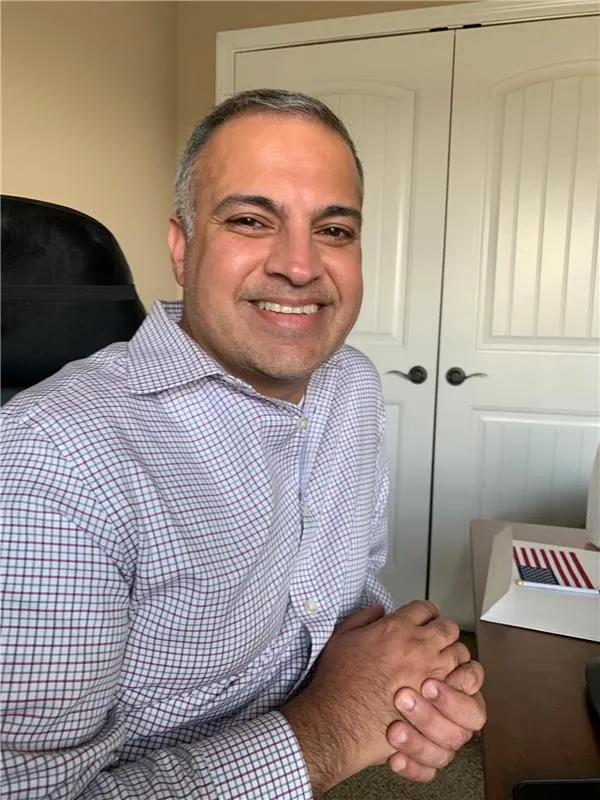It is the night before your interview at your dream job. You have butterflies in your stomach, nerves and adrenaline pumping through you. What questions will they ask? How will I show them I am a team player? Will they think I am the best candidate?
Tim Vogus, the Director of the First Center for Autism at Vanderbilt University, discussed the additional struggles neurodiverse employees face when entering an occupation and ways in which large organizations, such as Clemson, can make employment less challenging for those individuals.
In honor of National Disability Employment Awareness Month, on Oct. 27 he presented his insights to Clemson University about autism in the workplace.
The goal is to create a culture of inclusion.
According to the National Conference for Community and Justice’s website, “neurodiversity covers a multitude of neurological differences including but not limited to: Dyspraxia, Dyslexia, Attention Deficit Hyperactivity Disorder, Dyscalculia, Autistic Spectrum, Tourette Syndrome, and others.”
Some of the challenges neurodiverse employees face include handling time management, following expected social behavior and managing stress.
“The goal is to create a culture of inclusion,” said Vogus towards the beginning of his speech. In order to do this, corporations must create a psychologically safe environment for all employees, where they feel safe discussing their neurodiversity.
Strong leaders are where this begins.
At Clemson, this is the Office of Access and Equity. Jerry Knighton, Assistance Vice President for Access and Equity, and Priscilla Harrison, director of American with Disabilities (ADA) Services and Compliance, manage and make sure neurodiverse employees are invited and welcome to join the Clemson family.
“Clemson University will treat qualified individuals with disabilities without discrimination in all areas of employment,” is stated under the policies and procedures tab on its webpage.
Vogus also emphasized how support circles can help cultivate a safe environment for neurodiverse employees.
The Clemson University Accessibility Commission (AC) is one of these platforms for autistic employees. Although there are currently no specific places where employees can openly discuss their neurodiversity, it is “within the proposed AC strategic plan that is in the process of being adopted,” said Director of the Center for Behavior Analysis Billy Edwards.
Toward the end of his speech, Vogusintroduced new technology that the First Center for Autism and Innovation is working on to help craft a more inclusive workplace. They are already collaborating with other companies such as EY, The Precisionists, Zavikon, and Amerigroup Insurance, vocational rehabilitation agencies and nonprofits.
Only one of the technologies is ready for testing, the virtual reality interviews.
With this technology potential, autistic employees could practice and track their answers, which would lower their stress levels during the in-person interview.
Harrison, also the ADA Coordinator, looks forward to seeing how this new technology plays out at Clemson. However, the university’s adaptation of it is still a work in progress.
Vogus’ other two technologies, visuospatial cognitive assessment system and collaborative virtual environments, are both still being worked on but should be available within the next several months.


